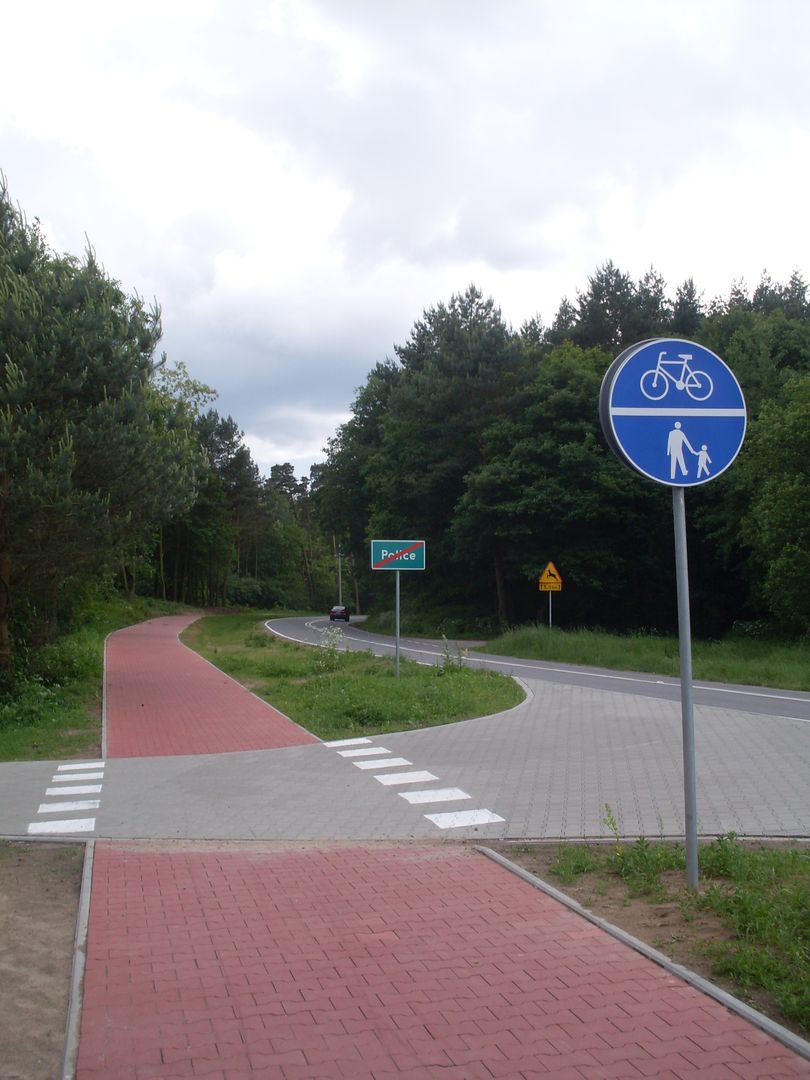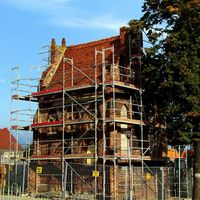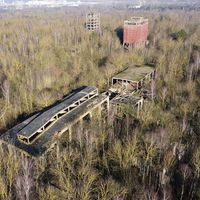Policja
7.5

Overview
The Police Commune, located in the western part of the West Pomeranian Voivodeship, in the Police County, with its seat in the town of Police, encompasses areas that until 1976 constituted an independent city and two communes: Tanowo and Trzebież. The commune borders the communes of Szczecin, Dobra, Goleniów, and the German border. As of December 31, 2016, the commune had 41,543 inhabitants, ranking fifth in population in the voivodeship. Its territory features numerous architectural monuments, such as a 15th-century Gothic chapel and the Neo-Gothic St. Mary's Church, which testify to the region's rich history. Police is also a place where one can admire the ruins of the Augustinian monastery and numerous 19th-century tenement houses. The commune boasts rich flora and fauna, with forested areas covering 52% of its territory and protected areas within the Natura 2000 network. The commune's nature is exceptionally charming, with tourist trails in the Wkrzańska Forest and the Świdwie Nature Reserve. In terms of culture, the Police Commune organizes various social events, and its residents are active in ecological projects, which has earned them the title of an "ecological commune." From an innovation perspective, a wind power plant was built in Leśne Górne, strengthening the commune's environmental protection efforts. The commune also has a rich demographic history, with rapid population growth in the 1980s, and a diverse economy that includes, among others, a subzone of the Kostrzyńsko-Słubicka Special Economic Zone and seaports in Police and Trzebież. The commune is also served by provincial roads, and the number of post offices further facilitates the daily lives of residents. Among the honorary citizens of the commune are figures such as Fr. Kazimierz Jan Majdański and Ryszard Kaczorowski, reflecting the strong social and historical ties of the region. Police represents an intriguing blend of history, culture, nature, and modernity, making it an attractive place to live and visit.
Location
County
Police County
Country
2026 Wizytor | All Rights Reserved



